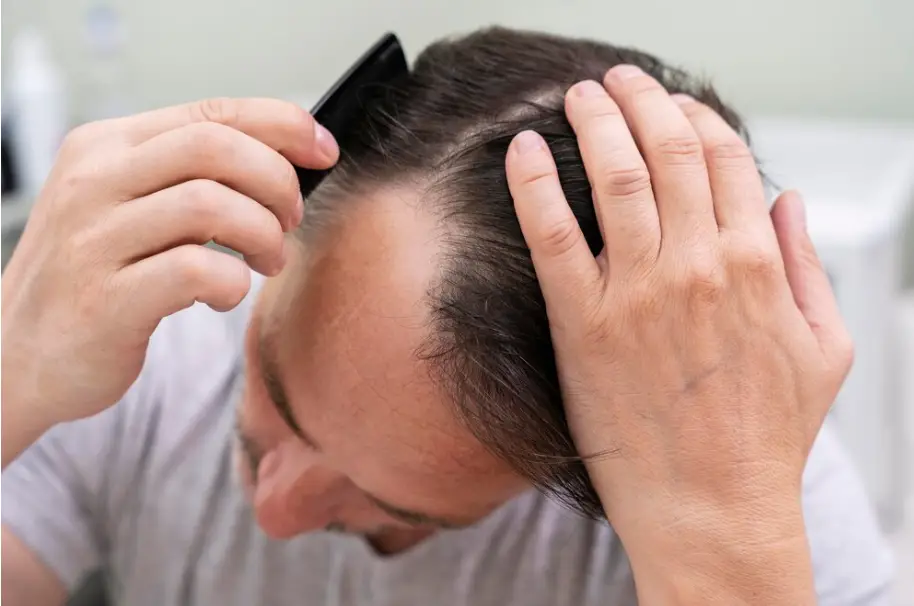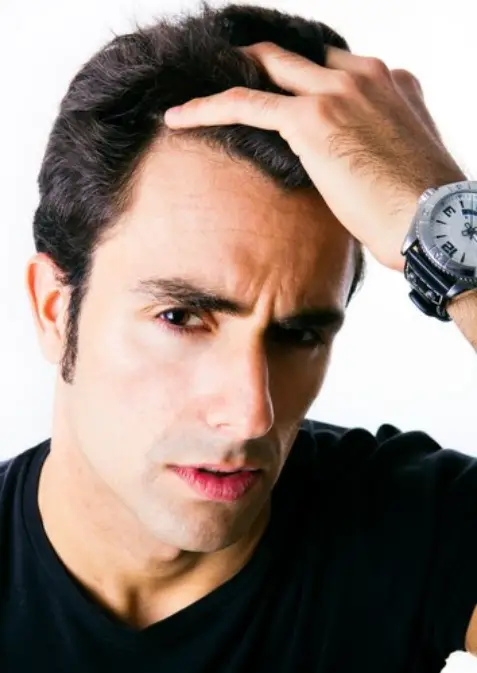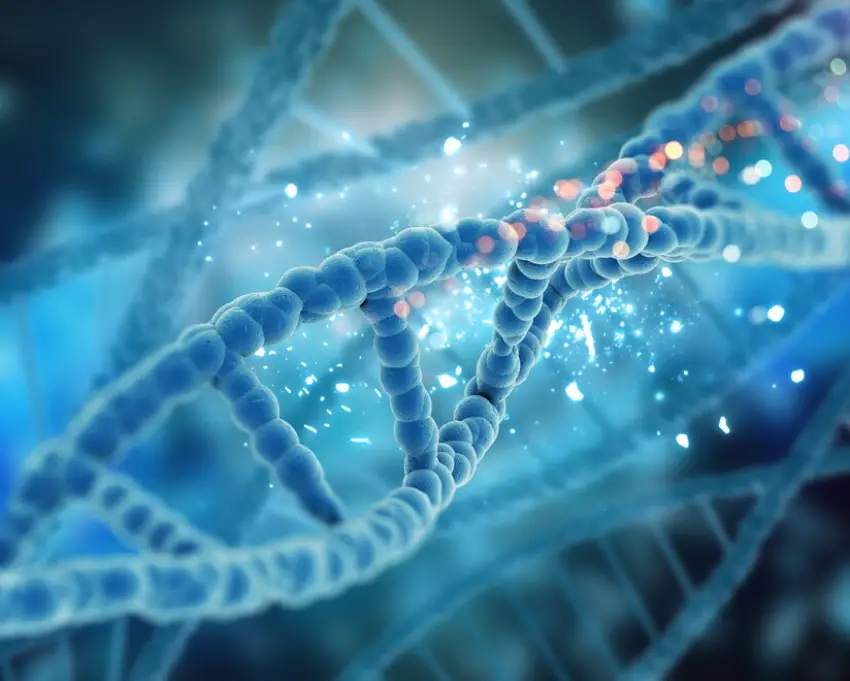
Does masturbation cause hair loss?
Separating actuality from mythos
The question: crack the connection between masturbation and hair loss
Masturbation and its possible consequences have long been a topic of debate, especially when it comes to hair loss. If you’ve ever worried that your habit is causing hair loss, you’re not alone. The Internet of Things is full of rumors, myths and lie that leave many humanity confused and angered. Some people associate daily masturbation with baldness and hair loss, raising concerns about a possible link.
Hair loss is a sensitive issue for many, affecting their confidence and self-image. At the same time, masturbation is a natural process. But the idea that the two are somehow simply connected continues to disturb people. Is your hair loss really due to normal fit habits or is it just an urban myth? To answer this question, we need to take a on closer inspection look at the science of hair loss, the effects of masturbation, and biological processes.
Motivation: Myths, confusion, and stress surrounding this content

Before we delve into the science lesson, it’s important to understand why this myth has persisted for so long. The fear of hair loss from masturbation often stems from a lack of understanding of hormones, nutrition, and the body’s response to sexual activity.
The hormone controversy
It is commonly believed that frequent masturbation increases testosterone levels and therefore dihydrotestosterone (DHT) levels. DHT is a derivative of testosterone that is directly linked to hair loss, especially male pattern baldness (androgenic alopecia). This relationship between DHT and hair loss has given rise to the hypothesis that increased sexual activity and menopause increase DH levels.
Whether it’s work, a hobby, or personal development, overdoing it leads to rapid hair loss.
However, this theory lacks strong scientific backing. While DHT is indeed a major contributor to male pattern baldness, no credible research supports the notion that masturbation significantly alters DHT levels Indeed, number of studies only suggests that the short-term changes in hormone levels after menopause are temporary and relatively minor.
Concerns about malnutrition
Another concern is that masturbation depletes the body of nutrients. Some people believe that daily shedding can deplete the body of essential nutrients such as zinc, which is essential for hair health. Semen is rich in zinc and protein, and it’s a persistent myth that excessive sex can lead to deficiencies in these key nutrients, which can lead to abnormal hair loss
Again, this theory does not hold up under scientific scrutiny. While it is true that semen contains small amounts of zinc and protein, the amounts are not enough to cause deficiencies through regular fertilization alone Your body balances nutrients through diet, any nutrients lost when you are reproducing less and can easily replenish it with a balanced diet
Solution: What the science really says about sex and hair loss
Now that we’ve dealt with the myths, let’s see what the science says.
Understanding hair loss
To understand whether masturbation indeed causes hair loss, it is important to understand how hair loss works. Factors such as genetics, mutations, age, stress, improper diet, and certain medical conditions can cause hair loss. The most common cause of male pattern baldness is male pattern baldness, which is heavily influenced by genetic and hormonal factors, especially the hormone releasing factor DHT.
DHT is synthesized from testosterone by an enzyme called 5α-reductase. DHT is deep by hairs sensitive to DHT over time, leading to thinning hair and eventually hair loss. This process is called abridgement and can be phased leading to baldness.
Hair loss in women is often associated with hormonal imbalances, especially during issues such as pregnancy and menstruation, or due to conditions such as polycystic ovary syndrome (PCOS) Stress, diet and lifestyle can also has caused hair loss in both men and women.
The truth is that there is no direct correlation between masturbation and hair loss
Currently, there is no scientific evidence to support the claim that masturbation causes hair loss. Studies focusing on hormones such as testosterone and DHT have found no direct link between sexual activity (including masturbation) and hair loss Although sex can for temporary changes in hormone levels though, these changes are short-lived and have no long-term effects on scalp health or hair loss
1.Genetics

A study published in the Journal of Sexual Medicine found that while testosterone levels can spike briefly during orgasm and orgasm, only to return to baseline shortly thereafter, that brief increase this is not enough to affect the long-term mutations needed to cause hair loss. Similarly, there is no evidence that ejaculation generally increases DHT levels which would contribute to male pattern baldness.
2.Morphological changes
Hormonal imbalances such as pregnancy, menstruation, thyroid disease, and PCOS can cause hair loss. In men, genetic sensitivity to DHT is the most common cause of male pattern baldness.
3.Anxiety
Increased physical and mental stress can cause temporary hair loss called telogen effluvium. This type of hair loss usually occurs a few months after the traumatic event and resolves once stress levels are reduced.
4.Poor diet
Lack of vitamins and minerals such as iron, vitamin D, and zinc can cause hair loss. Poor diet, eating disorders, and chronic malnutrition can cause nutrient deficiencies that affect scalp health.
5. Medicle Illnesses
Certain medical conditions, such as tuberculosis, meningitis, and autoimmune diseases, can cause hair loss. In these cases, treating hair loss involves treating the underlying condition.
6. Medications
Some medications can cause hair loss as a side effect, such as those used to treat cancer, arthritis, depression, heart disease, and high blood pressure.
Compliance: How to protect your hair
Massage won’t cause hair loss, but there are some things you can do to promote healthy hair growth. Here are some tips to keep your hair healthy:
1.Eat a balanced diet
Make sure you eat a variety of foods that contain the vitamins and minerals needed for healthy hair. Include sources of protein, iron, zinc, and vitamins A, C, and E in your diet. If you’re feeling under the weather, consider taking biotin or vitamin D.
2.Manage Stress
Chronic stress can be damaging to your hair. Implement stress management techniques like meditation, exercise, or a hobby that helps you relax.
3.Take care of your hair
A healthy scalp is crucial for hair growth. Wash your hair regularly to remove excess oil and buildup, and avoid harsh chemicals that can damage your scalp and hair.
4.Go to the doctor
If you are suffering from severe hair loss, it is best to consult a doctor. This way, they can rule out any underlying medical conditions and provide treatment options, if necessary.
5.Consider hair growth treatments
For congenital alopecia, treatments such as minoxidil (Rogaine) and finasteride (Propecia) can help slow hair loss and restore hair growth. However, it’s best to consult a doctor before treatment.
The Binding: Debunking the Myths
Conclusion: The idea that masturbation causes hair loss is a myth. Fear on the subject is fueled by a lack of knowledge about hormone nutrition. Scientific evidence does not support a link between masturbation and hair loss. If you are losing your hair, it is most likely due to genetic factors, hormonal imbalance, stress or nutritional deficiencies, and not because you are defending yourself.
Relax, there is no need to worry. If you are worried about hair loss, it is best to focus on a healthy lifestyle, manage stress and consult a doctor for expert advice. Remember that masturbation is a natural and normal part of life and should not be done at the expense of your hair.
